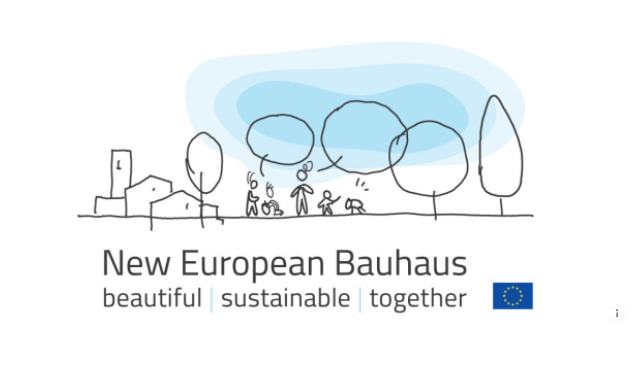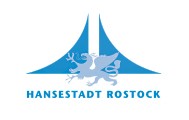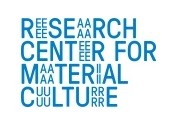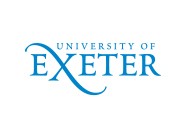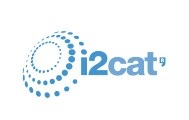“RICHES Taxonomy of cultural heritage definitions”. “Digital Copyright Framework. The move from analogue to digital and new forms of IPR”. These the titles of the two policy briefs produced by the RICHES project and recently published by the European Commission (EC), in the e-Library of the Social Sciences and Humanities section of the Directorate General Research and Innovation.
«Getting policy insights at a glance, discovering thought-provoking results and comparisons in Europe, checking quickly a methodology. This is why the Socio-economic Sciences and Humanities (SSH) programme publishes policy briefs: to communicate research results in a structured way in only a few pages». So the EC clarifies its concrete objective of “disseminating research success through policy”. Objective pursued by RICHES too, whose papers (policy papers, foresight studies and recommendations) are conceived as evidence-based resources into which the main research outputs produced by the project are distilled. These practical resources are intended to provide support and advice to decision-makers at all levels, including policy makers, programme owners, cultural managers, public administrators and private entrepreneurs.
 The first mentioned policy brief (RICHES Taxonomy of cultural heritage definitions) presents evidence and recommendations emerging from the research undertaken to develop the project’s “Taxonomy of terms, concepts and definitions”, which aims to: ensure appropriate academic, professional and technical standards for research are met in identifying, analysing and understanding both existing ways and new models for defining cultural heritage (CH) and cultural heritage practices; develop a common CH language to serve the interests of the wider CH community, including policy-makers, cultural ministries of member states, regional, national and state authorities, public administrations, European institutions and researchers and professionals generally.
The first mentioned policy brief (RICHES Taxonomy of cultural heritage definitions) presents evidence and recommendations emerging from the research undertaken to develop the project’s “Taxonomy of terms, concepts and definitions”, which aims to: ensure appropriate academic, professional and technical standards for research are met in identifying, analysing and understanding both existing ways and new models for defining cultural heritage (CH) and cultural heritage practices; develop a common CH language to serve the interests of the wider CH community, including policy-makers, cultural ministries of member states, regional, national and state authorities, public administrations, European institutions and researchers and professionals generally.
The second one (Digital Copyright Framework. The move from analogue to digital and new forms of IPR) describes how European policy-makers and European CH institutions should develop European copyright policies and strategies for the CH sector using the rights to culture and cultural rights as guiding principles. The impact is to lay emphasis on inter alia access to culture, cultural integrity and cultural communication and to develop ways in which copyright can support those goals.
The documents are available also on the website of RICHES, which has other policy papers in the works…so stay tuned on www.riches-project.eu!
Visit the EC e-library










